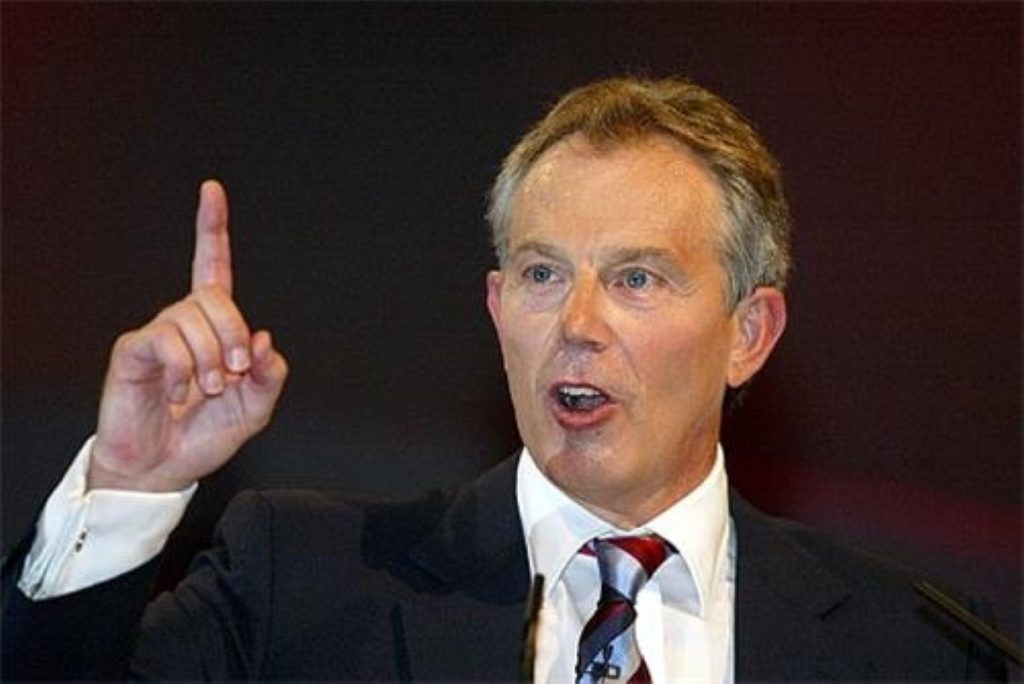Blairites deny coup plot
Blairites were forced to deny plotting a coup against Gordon Brown as questions remained over a leaked memo which strongly criticised Mr Brown’s premiership as “vacuous and lamentable”.
The danger of rebellion is far from over, however. Other Blairite sources have been briefing the press to expect an assault on the prime minister if he fails to show signs of recovery by the end of the month.
Blairite factions will watch Mr Brown’s return from his holiday and the Beijing Olympics carefully for any signs of a renewed strategy for keeping Labour in power.
Few people believe Tony Blair himself was behind the memo’s release, but its appearance at the height of leadership speculation has led many people in the Downing Street bunker to conclude it is part of an attempt to force Mr Brown out.


The hunt for the mole is now on, with former political advisors to Mr Blair in the spotlight.
There are also questions as to who wrote the memo. Early yesterday the assumption was it came from Tony Blair himself, despite the reference to him as TB throughout.
The leaked memo follows a devastating article by David Miliband, foreign secretary, last week in which he discusses Labour’s future without ever mentioning Mr Brown.
Stephen Byers, a former Cabinet minister loyal to Mr Blair called at the weekend for a change of approach in the party.
The drip feed of anonymous ministerial statements and broadly rebellious Cabinet behaviour caused John Denham, skills secretary, to defend Mr Brown.
“If all our friends spend their time saying the leader is busted, we should have a leadership election, we should have all this, that is the space that could be used to put Labour’s case across,” he said.
Mr Denham’s intervention is part of a Cabinet defence of the prime minister which has ended up making Mr Brown seem more vulnerable than he was before.
Such was the hesitancy and uncertainty in the Cabinet that many professions of loyalty seemed half-hearted and tentative.
Of the 22 members of Cabinet contacted by the Mail on Sunday over the weekend, only 16 said he should stay on as prime minister. Of those 16, three were forced into responding by Downing Street.
Geoff Hoon, chief whip, Andy Burnham, culture secretary, and Jacqui Smith, home secretary, all refused to comment before being pressured into it.
Some big names have refused to back Mr Brown, including Alan Johnson, health secretary, who is widely liked in the party and has been held up as a possible leadership contender for the duration of the crisis.
Others who did not respond include Hazel Blears, communities secretary, Ruth Kelly, transport secretary, Shaun Woodward, Northern Ireland secretary, Paul Murphy, Welsh secretary and John Hutton, business secretary.
Mr Hutton gave what can only be described as grudging support for Mr Brown last week, only mentioning his name when prompted.
The left of the party also appears to be taking advantage of the current crisis to shape future policy direction, with Jon Cruddas, former candidate for deputy leader and informal leader of the party’s left wing, calling for new taxes on the ‘super-rich’ and a windfall on energy companies to help low income families.
In a separate development, Gordon Brown intends to hold his first Cabinet meeting after the recess outside of Westminster.
A Downing Street spokesman said the move was part of an effort to reconnect the public with politics. The meeting on September 8th will probably take place in the West Midlands.
The spokesman also confirmed chancellor Alistair Darling will take over the business of prime minister from Harriet Harman, equality minister, while Mr Brown is on holiday.









